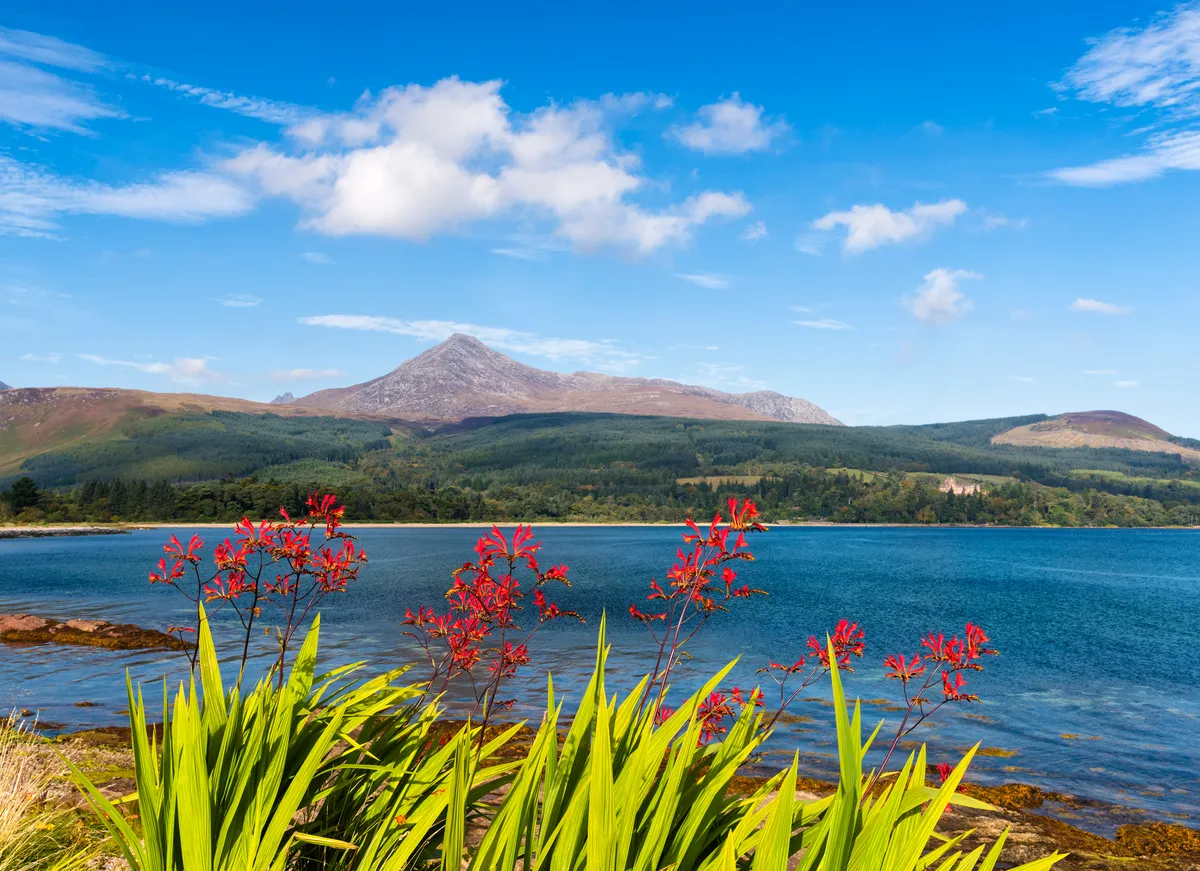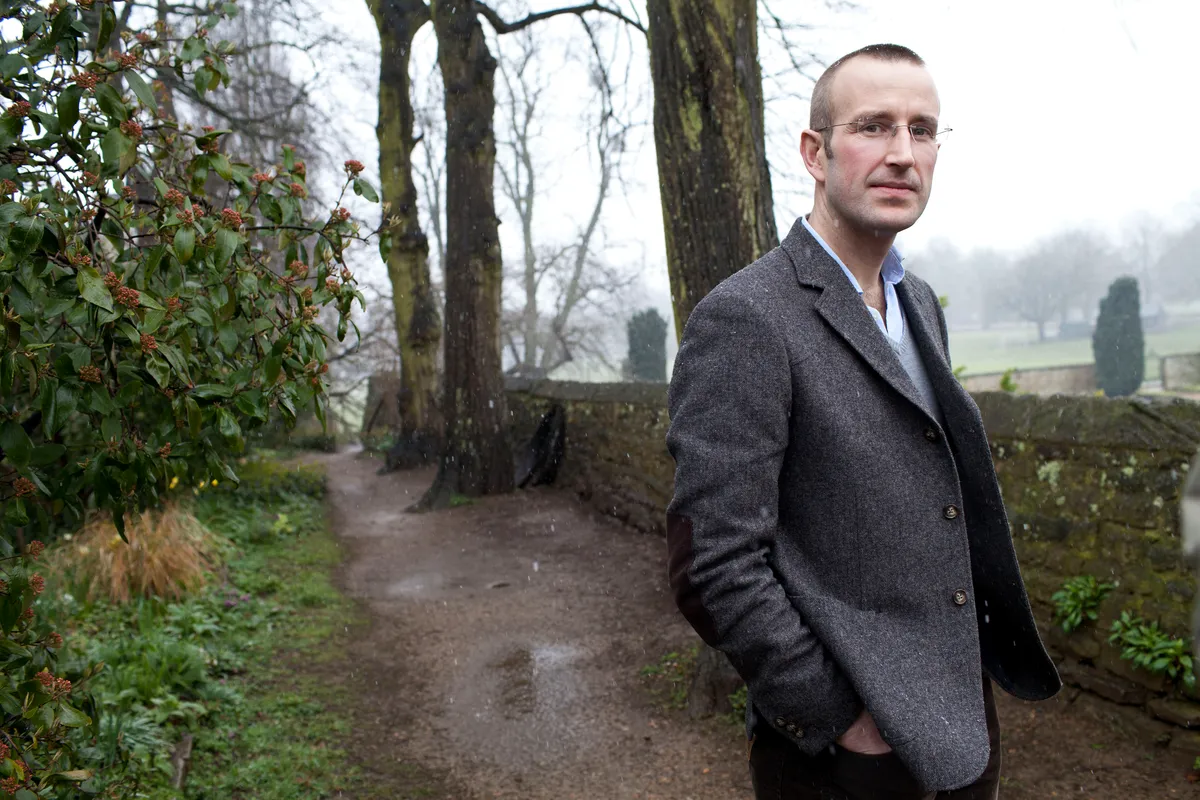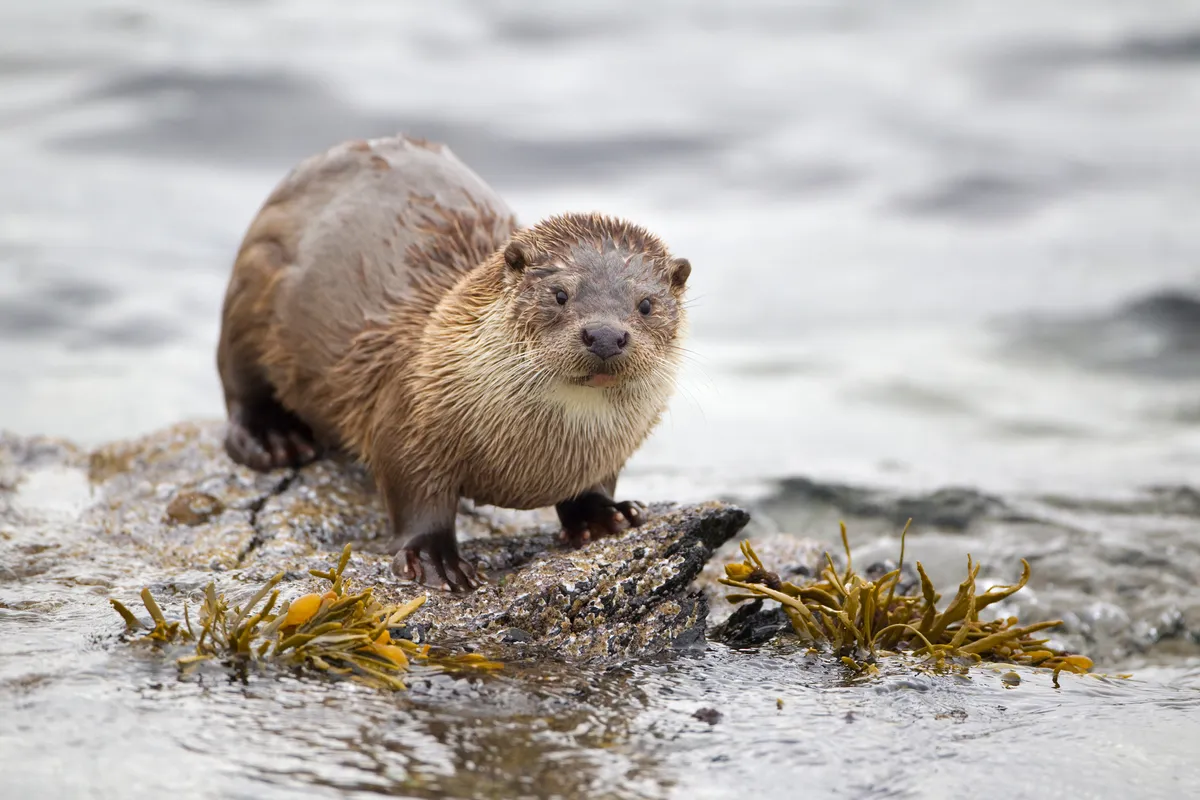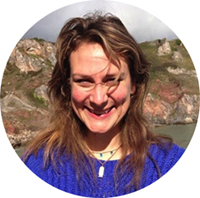I love the British countryside. I travel a lot for my job but I still feel at home surrounded by the green back here. I enjoy walking up mountains, cycling and walking in woodlands, and kayaking around the coast and along rivers. I spend a lot of time inside my own head, thinking and connecting and writing. Getting outside, into the countryside, makes me feel whole and healthy and balanced.
I’m interested in how humans interact with the rest of nature. I say “the rest of” because we too often remove ourselves from it. We’re part of it – that’s what evolutionary biology teaches us. We’ve evolved into a position where we’re very influential. We have far-reaching impacts on other species and even on global climate. But we’re still part of the great, branching tree of life on earth and, being embedded, we should respect and nurture our fellow creatures even more.
I love the simple connection between foot and turf or mud, and conversations with friends while walking. I often have ‘walking meetings’ with my students. But kayaking is my new favourite activity. Kayaking off the coast of Arran last summer with seals popping up to investigate me trumps the rest.

The north coast of Cornwall – rocky, rugged, magnificent – still takes my breath away (even when it’s not that windy).
I most appreciate the green of the British countryside. This is directly related to how much it rains here, but I don’t mind rain.
Our cities are growing larger, and it can be difficult to connect with nature in a big city. We need to ensure that kids get the chance to roam in green places. I rejoice when green spaces are created in cities and grieve when they’re built over. It’s also healthy to escape cities regularly. Our countryside isn’t wild – it’s a highly managed, agricultural landscape. But it’s green and parts of it feel quite wild.

My rural heroes are all poets, naturalists and writers: John Clare, Roger Deakin, Francis Pryor, Colin Tudge, Robert Macfarlane.
If I had a magic wand, I would change monoculture. A more diverse approach to farming may prove better for crops, and better for wildlife. Diversity is key to long-term evolutionary success. We’re very foolish if we sacrifice diversity for short-term yield.
My children are outside all the time, with the bruises and grazes to prove it. But we’re lucky to live in a rural place. Plenty of kids live in environments where they can’t safely spill outdoors. Projects like The Wild Network are important, but we need to focus on children and families who have fewer opportunities.
My worst experience outdoors was hypothermia in Siberia, at -40ºC, on a filming trip. I think I’m lucky to be here!
I like the small things. The most beautiful natural sight in Britain is any bird or wild mammal, going about its own business, unaware that you’re observing it. It’s lovely to ‘go on safari’ in Britain and watch our native wild animals moving, eating, flying.
If I were a British wild animal, I’d be an otter – undoubtedly! I’ve been mildly obsessed with otters from an early age. They’re such fantastic, lithe, aquatic, beautiful creatures.

I’d define the relationship between people and the land as difficult. There are billions of us and we press 40% of the land’s surface into farming. How much should we keep wild? We need to look at how to limit our impact; it will be different in different places. But we should consider all options available: conventional farming, organic farming, eating less meat and genetic modification.
The latest survey of scientific research into organic farming shows how it reaps rewards in terms of sustainability and social benefits. It won’t be the only solution to managing our impact on the planet, but it could play an important role in the future. I like to buy organic fruit and veg, and use organic beauty products.
I hope that we’ll make sensible choices during this century - we need to. And by sensible I mean decisions made after weighing up all the evidence.
My proudest achievements are my children. And my PhD.
We already have ‘genetically modified’ crops, produced by irradiating plants to create genetic mutants. The regular version, using enzymes, is much more sophisticated and could help us limit the use of fertilisers and pesticides in our fields, as well as producing flocks and herds resistant to widespread diseases.
As for whether it should be cream or jam first on a scone... Jam first. It all sticks better and looks nicer – less like roadkill.



